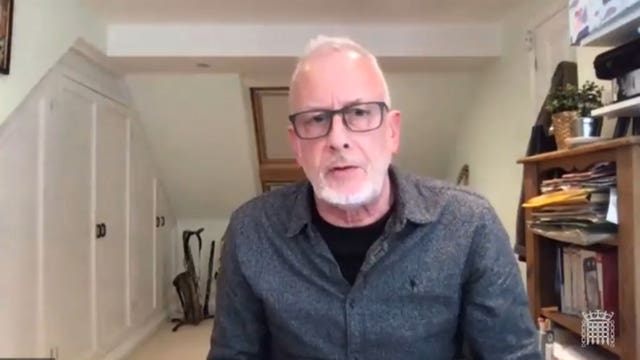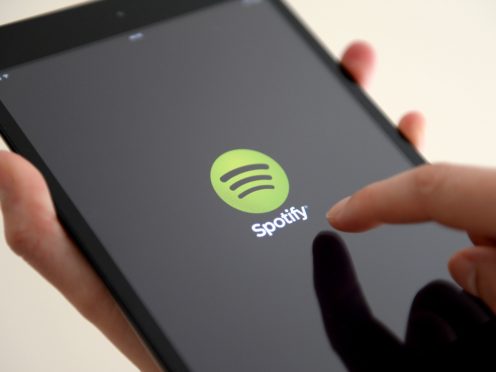Musicians and songwriters are being “cheated” by the way streaming revenue is handled, industry bosses have said.
Both the Musicians’ Union and the Ivors Academy for songwriters and composers told MPs that music creators had been most affected by the rise of giants such as Spotify, Amazon Music and YouTube.
Representatives of both groups appeared before the Digital, Culture, Media and Sport Committee on Wednesday, which is carrying out an inquiry into the economics of streaming.

Horace Trubridge, general secretary of the Musicians’ Union, said: “I think performers are being cheated. Spotify is the modern version of radio.
“At least radio pays equitable remuneration which means that studio musicians, session musicians, get paid for the fantastic contributions they make to recordings.
“Streaming doesn’t pay anything to studio musicians. A studio musician could play on a track that becomes the most successful recording in any year and still only be paid £120 for their session and no more money than that for any of the streams that occur on different platforms.”
Mr Trubridge was a member of the 70s doo wop revival band Darts and scored six top 10 singles but said he received “a trickle of royalties” from streams today.
A number of musicians appearing before the inquiry have suggested equitable remuneration, where performers have a right to receive a share without reference to their label contracts, would go some way in giving musicians a larger portion of streaming revenue.
Graham Davies, chief executive of the Ivors Academy, said: “I think that the creator is cheated most and the reason for saying this is that… the songwriter, as we all know, they invent the music – you don’t have a recording, you don’t have music without the song.
“I think we have heard a lot about how the recording side of the industry is investing in R&D and A&R and talent. Songwriters are often overlooked here in terms of the work they are doing.”
According to the Broken Record campaign, artists receive around 16% of the total income from streams, while record companies receive around 41% and streaming services around 29%.
